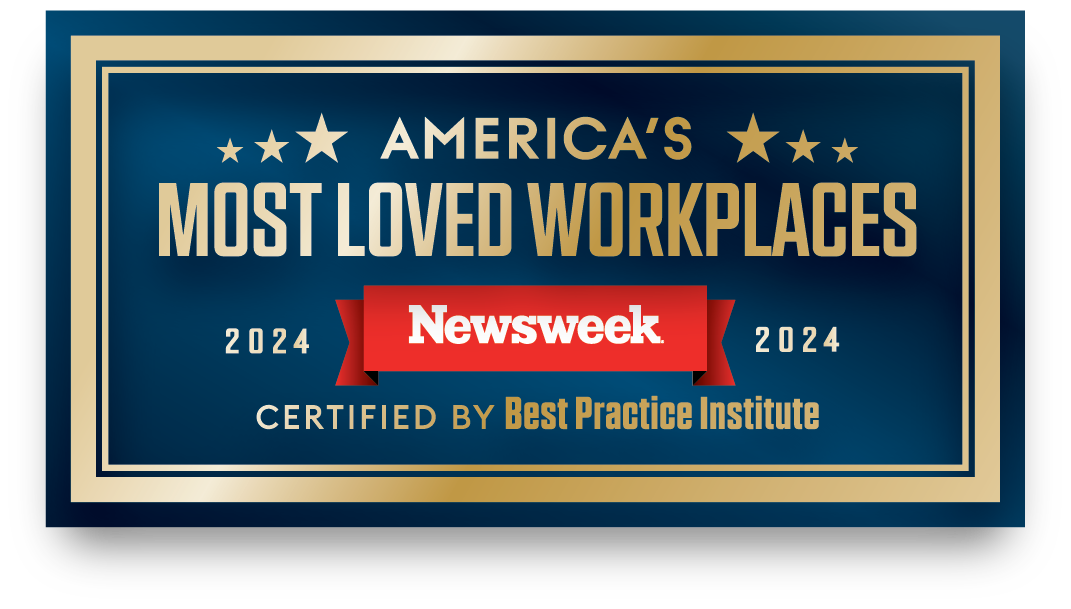San Jose agrees to $100 million pollution cleanup program to reduce trash, sewage spills
Source: http://www.mercurynews.com, June 15, 2016
By: Paul Rogers
Settling a major lawsuit from environmentalists, San Jose city officials on Tuesday agreed to spend more than $100 million over the next decade and beyond to reduce tons of trash that flows into creeks and San Francisco Bay, repair miles of leaking underground sewage pipes and clean stormwater contaminated with harmful bacteria.
The agreement — a Silicon Valley environmental milestone — comes a year after Baykeeper, a conservation group based in Oakland, sued the city, claiming it was violating the federal Clean Water Act by not doing enough to clean up trash, sewage spills and other pollution in its two major waterways: Coyote Creek and the Guadalupe River.
“We’re proud to have reached this historic agreement that will not only reduce harmful pollution into San Francisco Bay but also make San Jose a greener place to call home,” said Sejal Choksi-Chugh, executive director of Baykeeper.
The 2015 lawsuit came after a two-year investigation in which Baykeeper employees taking water quality samples found some of the highest levels of sewage contamination and trash concentrations in San Jose’s creeks of any Bay Area city.
On Tuesday, San Jose officials said that they signed the settlement, a legal agreement called a consent decree, to avoid the costs of a lengthy court battle. As part of the settlement, the city admitted to no wrongdoing.
Kerrie Romanow, San Jose’s environmental services director, said nearly all of the settlement’s requirements are actions that the city is either already taking, or was planning to take.
“It’s a good thing for the community and for the environment,” Romanow said. “The settlement commits the city to following through on many things we already had programmed, and it has us do some actions sooner.”
The San Jose City Council approved the settlement 10-1 with little discussion Tuesday. Mayor Sam Liccardo told city staff to come back by January with a list of funding options to pay the costs, which could include a stormwater fee or tax that would go before the voters for approval, along with other funding sources such as state water bond funding or federal money.
“We have very large commitments over the next decade as a result of this settlement,” Liccardo said. “I realize we are not going to eat the elephant all in one bite, but a proposed program over the next 10 years would be helpful.”
The dissenting voice, Almaden Valley Councilman Johnny Khamis, the council’s lone Republican, did not agree with City Attorney Rick Doyle, who said a settlement was the best way to save San Jose money in the long-run.
“This group has used the federal law to extort money out of the city,” Khamis said.
Reviewing state records, Baykeeper found that San Jose had 780 sewage spills from 2009 to mid-2014. The 523,265 gallons of sewage was enough to fill 20 backyard swimming pools. And much of the effluent ran into storm drains or creeks, where it polluted the water and flowed to San Francisco Bay.
Romanow said the city has been improving its record, cutting sewage spills to fewer than 100 a year.
San Jose has more than 2,100 miles of sewage pipes connecting to its wastewater treatment plant in Alviso. Roughly 90 percent of the pipes are made of clay that often crack over time, creating spills or allowing water to rush in during rainstorms, causing sewage to overflow through manhole covers. The city also has more than 1,000 miles of storm drains, which empty into creeks and the bay.
Tuesday’s settlement requires San Jose to:
- Repair or replace 6.5 miles of sewer pipes a year for the next 10 years, giving priority to cracked pipes older than 50 years that are located near creeks and storm drains. Currently, the city is replacing or repairing about 4.5 miles a year.
- Identify 32 “trash hot spots” along creeks and clean them at least once a year. At six of those locations, in places like Coyote Creek at Watson Park or the confluence of the Guadalupe River and Los Gatos Creek near downtown’s SAP Center, the city must conduct detailed yearly studies measuring how many pounds of trash were found. The city must also determine whether the debris washed out of storm drains or came from homeless encampments or other locations, in addition to finding out how efforts to limit trash cut the volume.
- Construct underground catch basins to filter trash out of stormwater before it flows into creeks. Currently, the city has nine such devices, each of which is the size of a backyard garden shed and can cost $500,000 or more. Those affect storm drains spread out across 1,328 acres. The settlement requires coverage over 3,000 acres by Oct. 1, 2017, which the city says will result in the construction of 14 more catch basins.
- Reduce trash in creeks 70 percent compared with 2009 levels by July 1, 2017, and 80 percent by July 1, 2019. The city says it is currently at 50 percent.
- Monitor the levels of fecal bacteria in creeks three times a year.
- Draw up by 2020 a plan to spend $100 million on “green infrastructure” to filter polluted stormwater, clean it and recharge underground aquifers or use it for another beneficial purpose. That can include building grassy swales in parks, installing permeable pavement or putting in a stormwater capture system that could send the water during rainstorms to the Santa Clara Valley Water District’s purification plant in Alviso to be reused. The city has until 2025 to obtain contracts for $25 million of the work — and until 2050 to spend all of the money.
“San Jose’s system need an overhaul,” Choksi-Chugh said. “This will set an example for other communities.”






